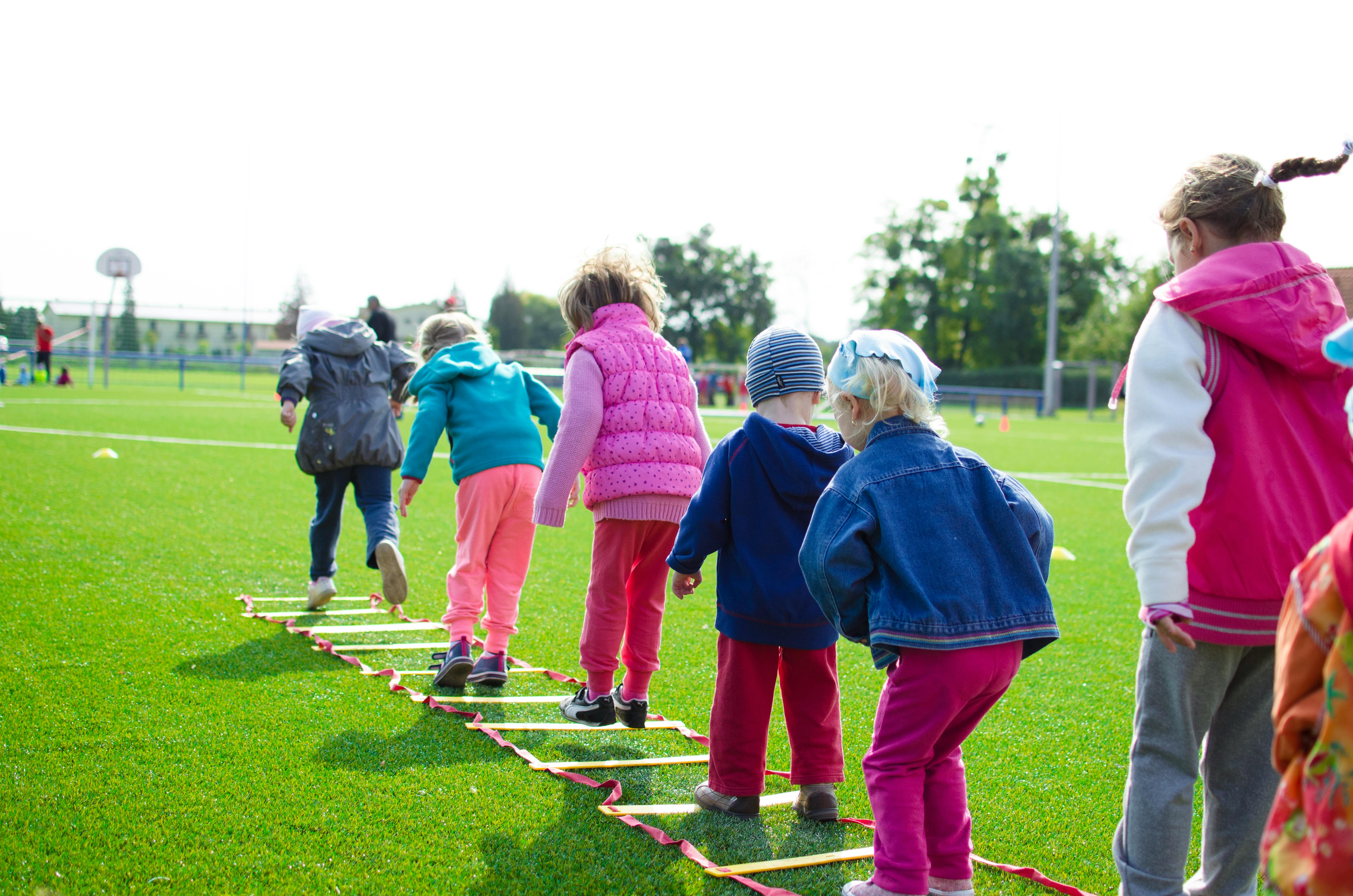In the Montessori method of education, personal development is at the heart of the learning experience. Unlike traditional educational approaches that often focus on academic achievement alone, Montessori education emphasizes the holistic growth of each child. This approach nurtures not just intellectual abilities, but also social, emotional, and practical skills, helping students develop into well-rounded, confident individuals.
1. Fostering Independence
One of the core principles of Montessori education is the development of independence. Montessori classrooms are designed to provide students with the freedom to choose their activities and work at their own pace. This autonomy helps children build self-reliance and confidence in their abilities. By making choices about their learning and managing their own tasks, students learn to take responsibility for their own development. This not only enhances their problem-solving skills but also prepares them for future challenges.
2. Encouraging Self-Discipline
In a Montessori setting, students are encouraged to set their own goals and monitor their progress. This self-directed approach helps children develop self-discipline and a strong work ethic. They learn to regulate their behavior, manage their time effectively, and persevere through difficulties. Teachers act as guides, providing support and encouragement, but the primary motivation comes from the students themselves. This intrinsic motivation is crucial for personal development and lifelong learning.
3. Building Social Skills
Montessori education places a strong emphasis on social interaction and community building. Students work in mixed-age groups, which allows them to learn from each other and develop empathy and cooperation. Older students often mentor younger ones, reinforcing their own knowledge while helping others. This collaborative environment fosters strong social skills, including communication, teamwork, and conflict resolution. By participating in group activities and community projects, students learn to navigate social dynamics and contribute positively to their environment.
4. Developing Emotional Intelligence
Understanding and managing emotions is a vital aspect of personal development. Montessori education integrates emotional intelligence into daily activities, helping students recognize and express their feelings in a constructive manner. Through activities like role-playing, storytelling, and discussions, students explore their emotions and learn to empathize with others. Teachers provide a supportive environment where children feel safe to express themselves and work through their emotions, fostering resilience and emotional well-being.
5. Cultivating a Growth Mindset
Montessori education encourages a growth mindset by focusing on the process of learning rather than just the end result. Students are praised for their effort and perseverance, not just their achievements. This approach helps children develop a positive attitude towards challenges and setbacks. By celebrating progress and encouraging a love for learning, Montessori education instills a belief in the ability to grow and improve through dedication and hard work.
